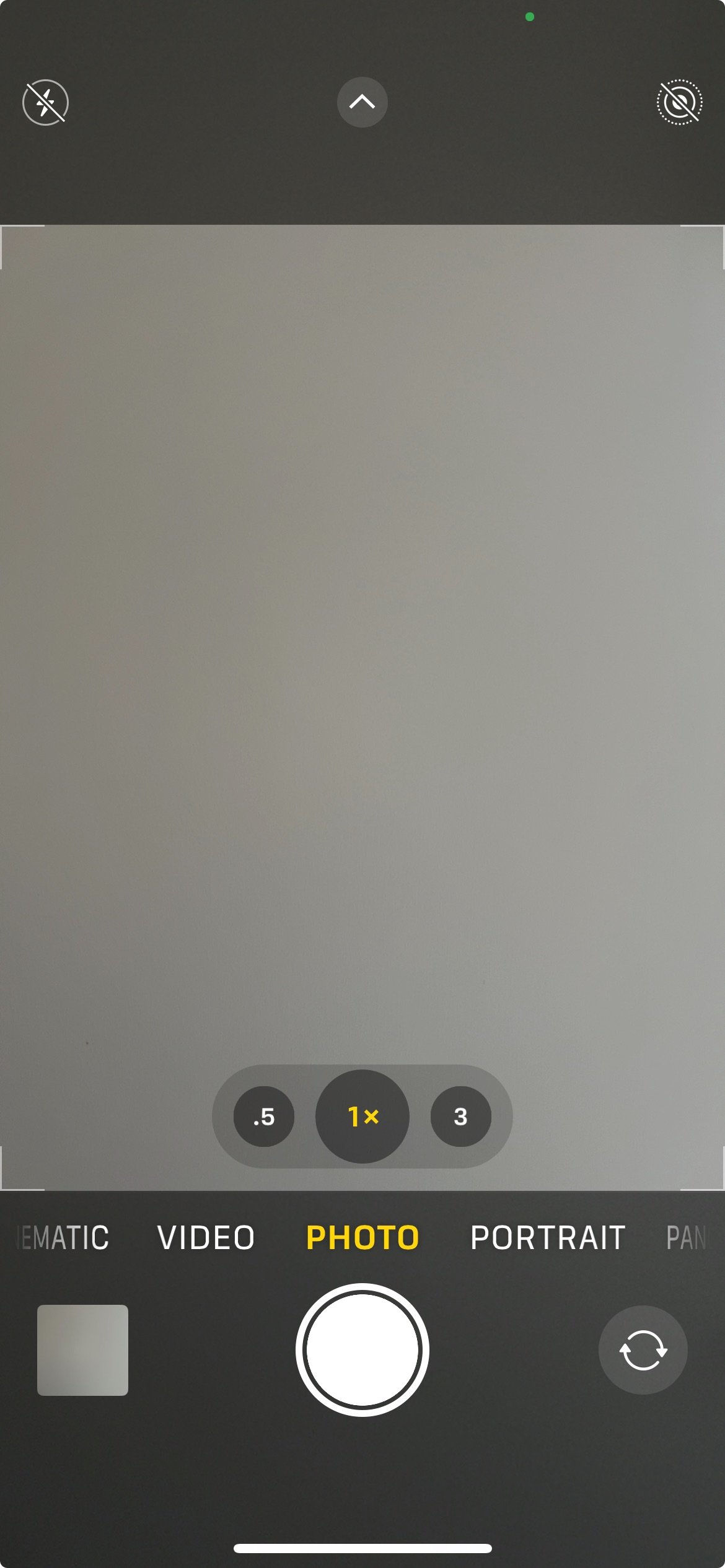The viewfinder in you phone’s camera enables you to fill the frame however you want. The challenge is to try and make those images more interesting than simply the first thing you see when you turn it on.
Everyone’s a photographer these days. You have a camera in your phone, and a surprisingly good one, too. You use it, naturally, to make photographs. When you do, you’re a photographer.
Immediately this blog could be hijacked by the semantic police, pressing the case that just by giving someone a descriptive name does not automatically confer upon them matching abilities or rank. If you ask me to sing, you’ll likely rush to cover your ears. Then you’ll immediately agree that even if I were granted the title I’m not worthy of being called a singer.
Suffice to say, I’m not entering that debate today. For our immediate purposes let’s just call everyone who uses a camera a photographer: one who makes photographs.
I like my phone camera. It’s always with me, and I use it for snapshots and occasional selfies and travel photos to remind me of adventures both ordinary and extraordinary. It’s plenty capable of enabling me to capture an image without a lot of thought. It even enables me to experiment and try creative things quickly and easily. Why then would I ever use a big, heavy, and expensive camera when the sleek little thing in my pocket is often just fine?
I use a “real” camera instead of a phone camera for the following reasons.
1) It focuses my attention. With a phone camera I find myself relying on the gadget to make choices—lighting, focus, easily accessed pre-loaded settings—basic stuff that I would otherwise be forced to think through by using a single-purpose device. The intentionality demanded when I work with a dedicated camera encourages me to pursue an idea with greater probity or polish than I otherwise might with a point ’n shoot phone.
2) It only takes photos. It doesn’t text; it doesn’t help me buy sneakers; it doesn’t give me the DC metro schedule. Because a dedicated camera is only designed to make photographs, I’m less likely to be distracted by all of the other things popping up on my screen. It’s true that even when I use a “real” camera my cell phone doesn’t stop buzzing, chirping, vying for my attention, pestering me to poke its glowing screen, but at least it’s literally compartmentalized in my pocket from the image I’m trying to resolve in the viewfinder.
3) It forces me to think about technical things to achieve non-technical goals. While many dedicated cameras now have massive technological muscle, jacked up with extraordinary software and engineering smarts, I generally prefer to shoot in manual modes as much as possible when I use a dedicated camera. That forces me to think about where I place my focus, where to place my feet relative to my subject, whether to use a polarizing filter or a long exposure or a tripod or any of a million other details. In so doing, I’m fully invested in the moment.
Here’s the irony of all this: I really don’t care very much about what hardware I use. Sure, I like fancy camera gear, and yes, I can geek out with the geekiest. Ultimately, however, my geek gene only holds my interest for short stretches of time. What I really care about is what I see and what I can imagine. The technical processes to capture a photograph is only interesting insofar as it helps overcome the necessary friction of the act. Good tools are simply mechanisms to help me achieve something more important.
As a dichotomy, tools matter and tools don’t matter at the same time. Give a great photographer a cheap, disposable film camera you can still buy at the drug store (I love ‘em, actually) and you’re likely going to get something interesting. Give my neighbor a camera bag filled with expensive gear, and you’re going to get backlit cat photos on the windowsill…and a bag full of expensive gear.
Which is why I’m ending where I began: the cell phone camera. Access to tools is always more vital than access to great tools. My neighbor might become a great photographer using just his cell phone. If he wants to, he can practice, practice, practice with it, learn all sorts of stuff, do all sorts of experiments. By diving in, he can discover how to make photographs that resonate, that communicate, that move people. He can become an artist with his cell phone camera—there are no limitations. I’d be lying if I didn’t admit that there are already brilliant cell phone photographers in the world, easily capable of rivaling the best work from people who use all sorts of fancy stuff.
But maybe none of that is particularly interesting to him. Maybe the photographic goal in his soul is little more than selfies and snapshots and pictures of cats on windowsills…and that’s totally fine by me if that’s enough for him. Not everyone can be, nor should be, an artist.
Tools will confer limits, of course. Tools shape the work. Artists, conversely, operate the tools. While an artist with a mediocre tools may not be able to do everything he or she wants to do, an artist is not at all restricted from thinking creatively about what he or she can do with the tools at their disposal. Tools should serve the pursuits of ideas. They should not be the arbiters of what’s creatively possible. Whether we’re professional photographers or occasional snapshot-takers at the park, the moment we abdicate our creative choices to the dictates of our tools is the moment the ghost in the machine has taken over.

